How Equity and Assessment Reinforce Each Other
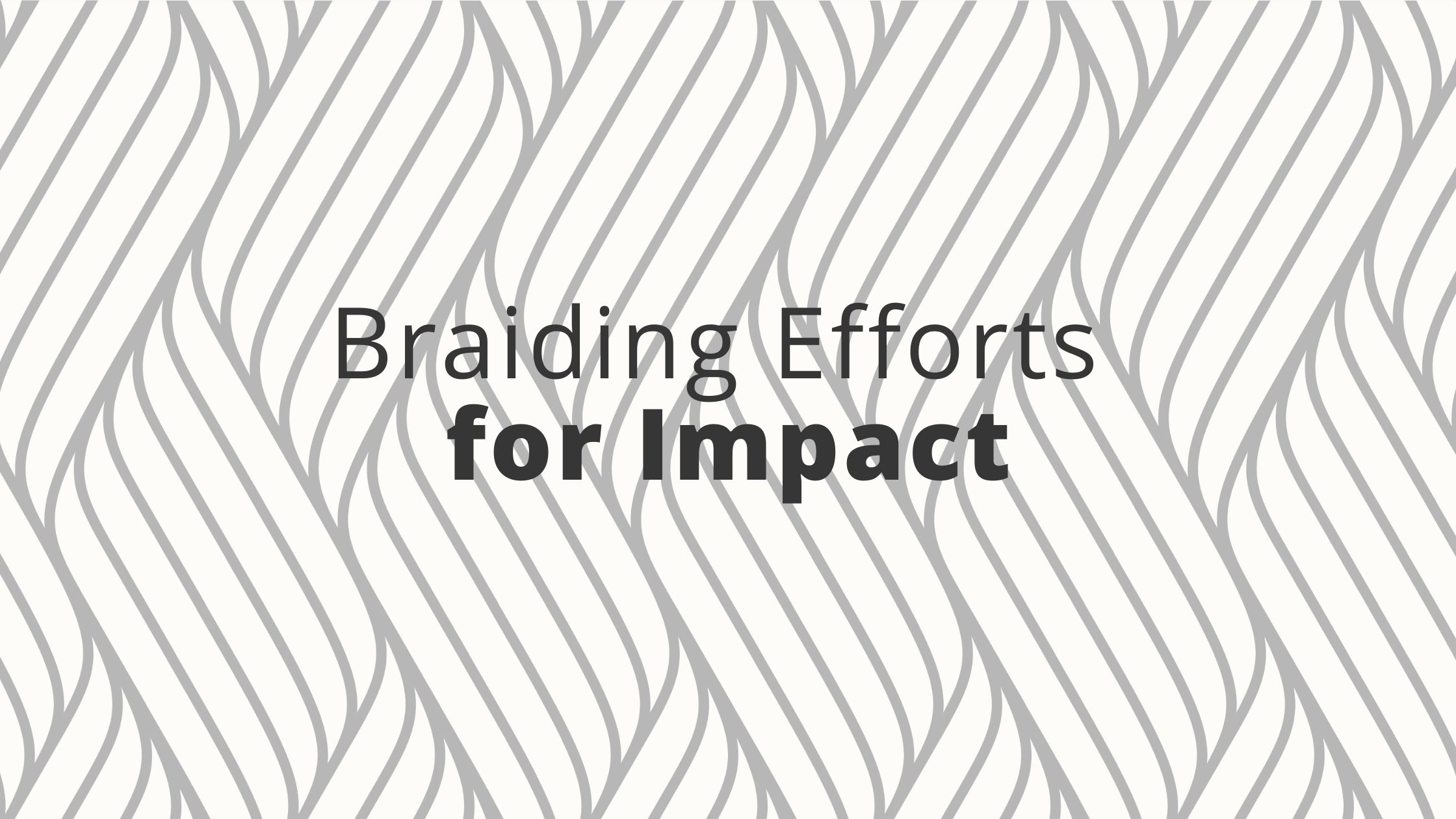
“We can learn from each other, but we don’t have to be the exact same.”
If people make systems, then people can unmake systems. I’m watching this happen in real time with our education system in New Mexico. Growing partnerships seek to redesign how we support our students. Braiding redesign work accelerates systems change.
New Mexico Public Education Department (NMPED) leaders pursue many systems change efforts including: 1) Equity councils to inform school and district planning and decisions and 2) partnering with Future Focused Education on the New Mexico Graduation Equity Initiative (NMGEI), which is piloting graduate profiles and senior capstone assessments. Weaving these two initiatives, with equity councils co-creating graduate profiles and capstones, would strengthen more equitable assessments.
An opportunity for alignment
I have the good fortune of partnering with equity councils and the NMGEI. As one of many hub facilitators, I supported a group of fifteen charter school and district equity councils across our state. I support NMGEI through its community engagement.
In my outreach across New Mexico, I’ve often heard that, “What works in (fill in the name of a New Mexican community) won’t necessarily work in (fill in the name of another New Mexican community).” I hear “one size doesn’t fit all” and I agree. That’s part of the wisdom I observe about equity councils, graduate profiles, and capstones—they can be tailored how local folks make them.
It’s possible there will be similarities across equity councils, graduate profiles, and capstones. That’s great! We can learn from each other, but we don’t have to be the exact same. Readiness Assessments, CLR Frameworks, graduate profiles, and capstones provide containers for communities to fill with unique local perspectives and priorities.
One size doesn’t fit all
Customizing and contextualizing education unlocks what’s possible in important ways. Equity councils, graduate profiles, and capstones could be three components of remedying the notion of “one size fits all.” Here’s how:
- Graduate profiles – developed by local community members - ensure students will have a clear sense of what matters to their families, neighbors and local economies. Elders, parents, business owners and any/everybody else can advocate for the values, wisdom and abilities that resonate in their communities. The local CLR framework could guide the graduate profile development and vice versa.
- Equity councils – comprised of local community members - could assist with community engagement to design graduate profiles. Ensuring equity is embedded throughout the graduate profile is critical. Some equity councils may want to lead the local graduate profile design; others may want to support or review it. Whatever level of involvement equity councils provide, they would be a key partner in the process.
- Capstones – presented to local community members - highlight how students align with graduate profiles. Community members could assess that alignment as a graduation requirement. Capstones could even be shared with equity council members, creating more generative space for dialogue.
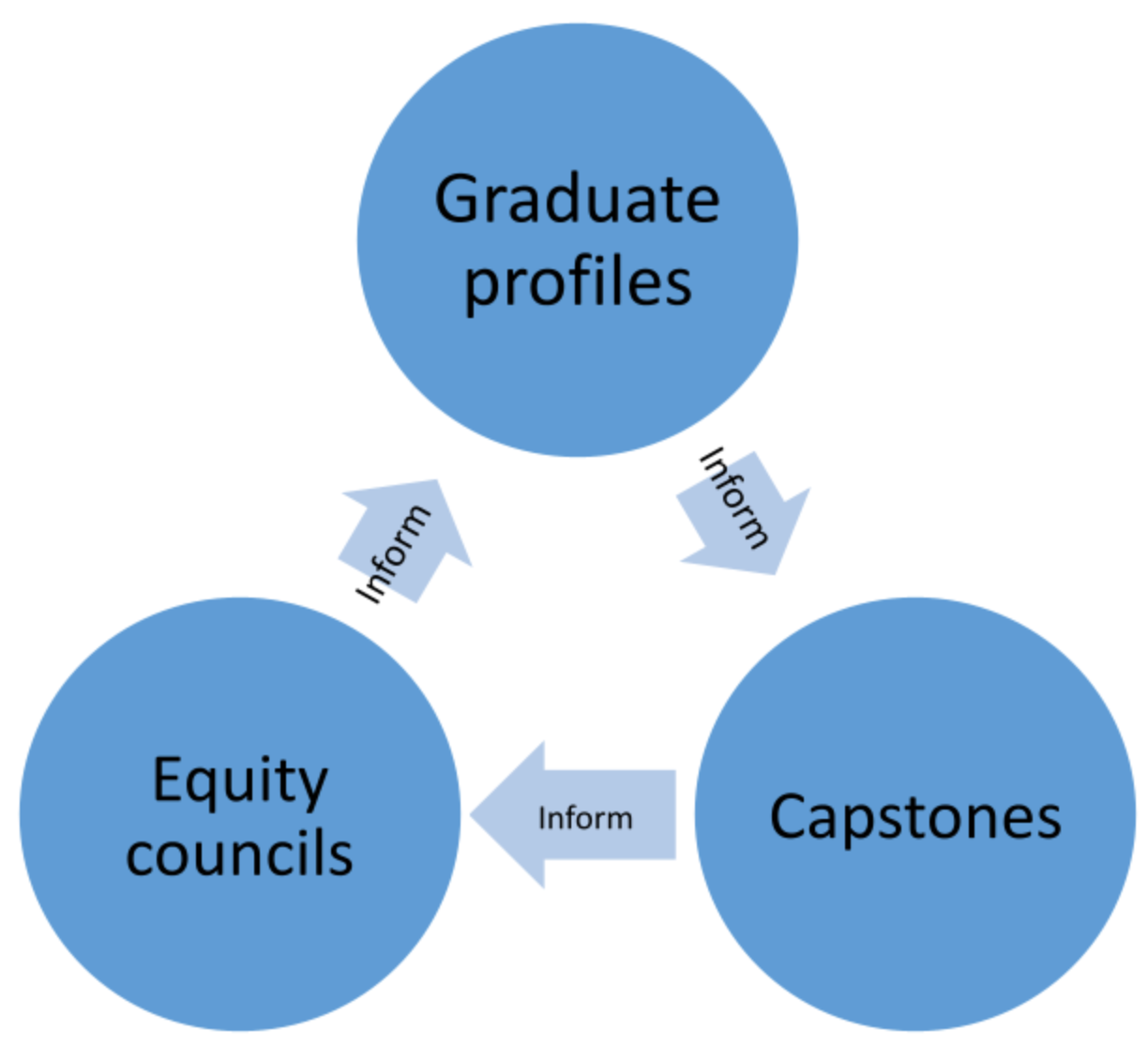
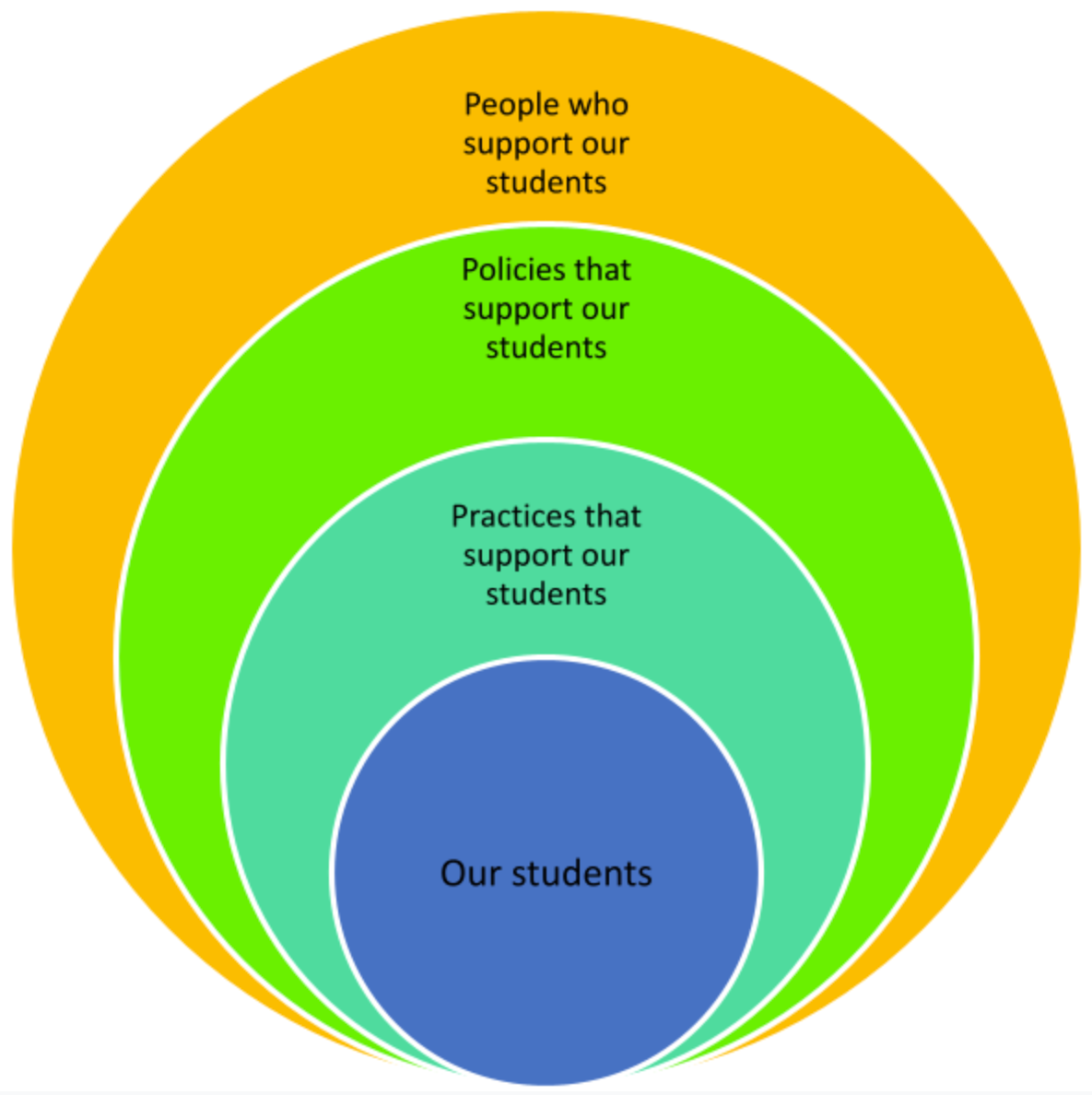
Connecting equity councils (people who support our students) with graduate profiles and capstones (practices that support our students) would amplify equity in our public education. Equity councils and NMGEI continue to explore and advise on policies to holistically support our students which could include equal and equitable assessment.
Standardizing for equality; customizing for equity
Standardized assessments ensure all students receive equal assessments. There’s value in standardized tests from a system-centric perspective. It can be easier and more efficient to assess students using standardized tests. But sometimes “equal” can feel like “one size fits all,” and because the approach is better for a system, doesn’t necessarily mean it’s better for students.
Customized assessments ensure more students receive equitable assessments. There’s value in customized assessment from a student-centric perspective. It can be harder and less efficient to assess students using customized assessment. But equity feels like “one size doesn’t fit all.”
It’s a big ask of systems to change to better serve students. If given the binary choice, I’d prefer our systems adjusting to better serve our students to our students adjusting to better serve our systems. By “our students,” I mean my children, too.
What are the dreams of systems change?
One of my greatest gifts in life is being a dad. When I dream about the knowledge I want for my children, I think of proficiency in writing, reading, math and science. My brain likes those answers. When I dream about the skills and attitudes I want for my children, I hope my children embody self-worth, compassion, courage, curiosity and cultural connectedness. My heart likes those answers.
I want my children (and your children!) to be wiser, kinder and happier than I can imagine. I know that’s possible. Fellow New Mexicans seeing our children as holistic beings with knowledge, skills, and attitudes beyond what any standardized test can measure feels like movement toward a more equitable future. It feels like systems change.
Supporting this work is messy, multifaceted, and incredibly meaningful. Parts of me worry we aren’t changing systems quickly enough. An old, active part of me—the same part that feared getting an answer wrong on a standardized test—fears failure. However, I’m developing a newer part of me that wants to endure fear and risk failure if the reward is that my children are wiser, kinder, and happier than I can imagine.
For me, as a dad, I can’t think of anything more important than that. I’m all in for that systems change. I hope you are, too.
Please get involved with your local equity council, support the creation of graduate profiles and attend capstones to support our students.
The New Mexico Graduation Equity Initiative is piloting a new project-based graduation pathway that culminates with capstone projects as an alternative to traditional testing. Learn more and join the movement here.
Read more in our Equity in Education series, tracking the progress of the New Mexico Graduation Equity Initiative.


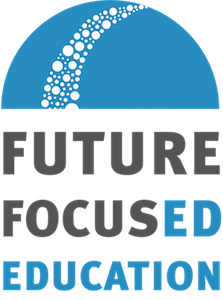
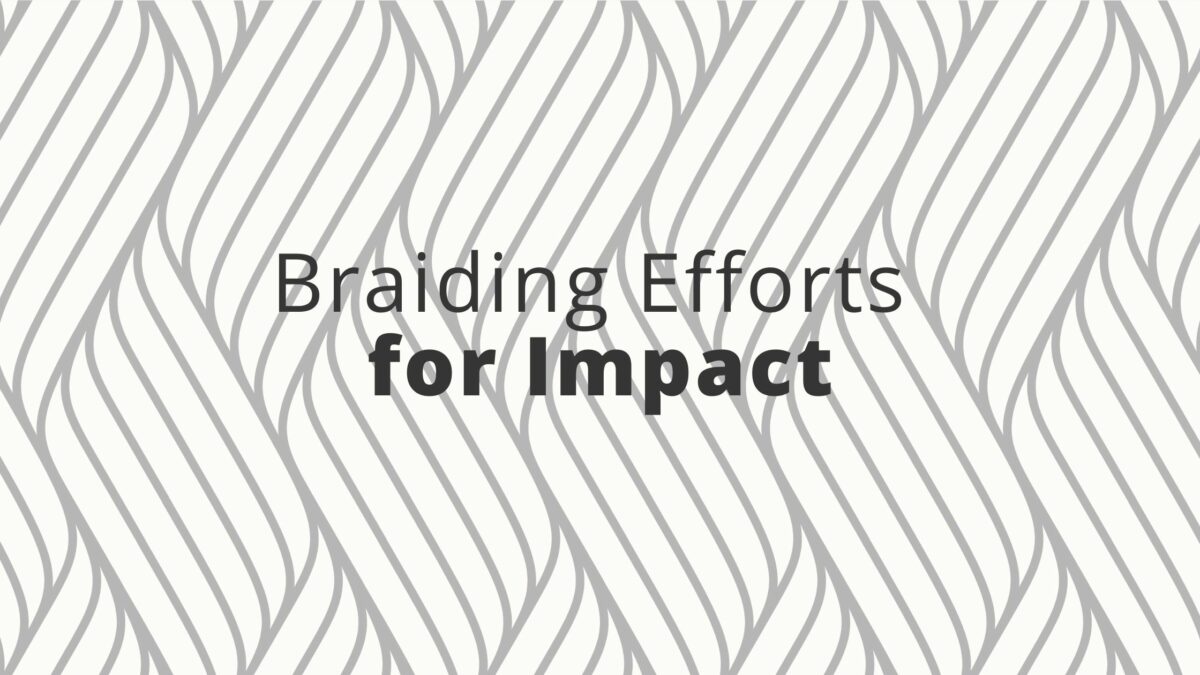
Comments
Pingback: Why Local and National Education Leaders Reject Standardized Testing - Future Focused Education